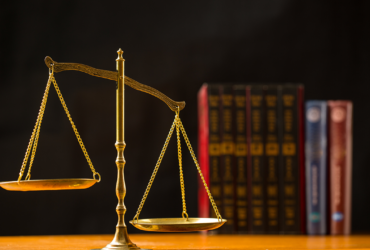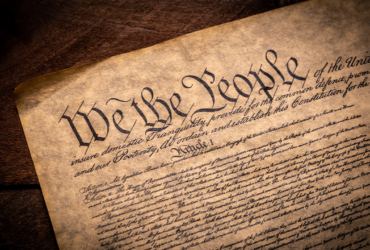Search and seizure must be based on either a search warrant or probable cause
The legal term “probable cause” is used extensively by law enforcement and our criminal justice system. The term represents the standard of proof necessary to establish before law enforcement can search and seize evidence that they believe will connect the suspects to the evidence seized.
The 4th amendment states in relevant part that the People have the “right to be secure in their persons, houses, papers, and effects, against unreasonable searches and seizures… [and that this right]… shall not be violated…and that no warrants shall issue, but upon probable cause ….”
Generally speaking, probable cause means there is a reasonable basis for believing that a crime has been committed or is in the likely process of being committed.
When A Search Warrant Is Not Required:
- When Consent To Search Is Given
- Search Upon Arrest
- Contraband In Plain Sight






